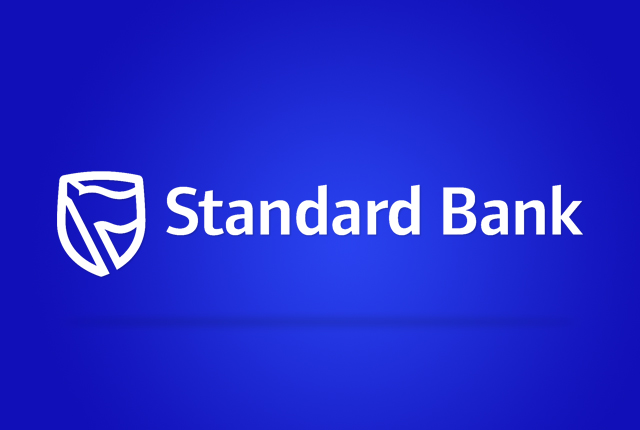Commercial Banks in the country risk losing their customers due to the rising popularity of the Financial Technology (FinTEC) firms in the financial services sector.
In a new report by global rating agency, Moody, commercial banks are likely to lose out in the market due to their lack of infrastructure to rival new web payment solutions that allow customers to hold deposits and carry out transfers with an e-wallet, disregarding the need for on-counter business transactions or even the need to be close to a bank, especially as regards to retail banking which will affect banks negatively.
Recall that the Central Bank of Nigeria has already taken steps to introduce a Payment Service Bank (PSB) initiative which will give more prominence to FinTechs and Mobile Network Operators over commercial banks.
The governor of the Central Bank of Nigeria, Godwin Emefiele has continued to make policies easier for FinTechs to thrive. In his new 5-year tenure, which has already begun, Emefiele promised to leverage on the use of unstructured supplementary services database (USSD) codes, and mobile banking, to drive financial inclusion in the country.
Interested Telcos in this new venture are MTN, Airtel, 9mobile, Ntel and Globacom.
In the report, Moody also observed that certain banks had already positioned themselves for this competition by buying robotic and tech services from the fintechs.
However, reacting to the report, Dr. (Mrs.) Olayinka David-West of the Lagos Business School, said that the FinTechs companies would be not be able to displace the banks in their competition for the market share.
According to her, financial technology is not the exclusive domain of the FinTechs as many traditional banks, microfinance institutions and development organisations make use of financial technology.
Ifie Sekibo, the Managing Director of Heritage Bank Limited, described the PSB as drivers that would usher several people into the financial inclusion target.
While a rivalry might be brewing, Sekibo insisted that Fintechs would never be able to lend money.
“They (FinTech/PSBs) are not lending banks. They are essentially going to assist us. For us, it is an enabler for the financial inclusion that we are all talking about. It is not necessarily a competition. Yes, it is competition to the extent that we would compete with them in the financial inclusion space. Our agency banking product would compete with their payment platform. Now, we have a very good payment platform. Most of us, our payment platforms have developed much more than they could be able to even compete with.”
The major argument pushed forward is that FinTechs do not have a know-your-customer (KYC) database.

 Entertainment5 days ago
Entertainment5 days ago
 Health7 days ago
Health7 days ago
 Health4 days ago
Health4 days ago
 Football1 week ago
Football1 week ago
 Football1 week ago
Football1 week ago
 Crime4 days ago
Crime4 days ago
 Education6 days ago
Education6 days ago
 Crime1 week ago
Crime1 week ago



